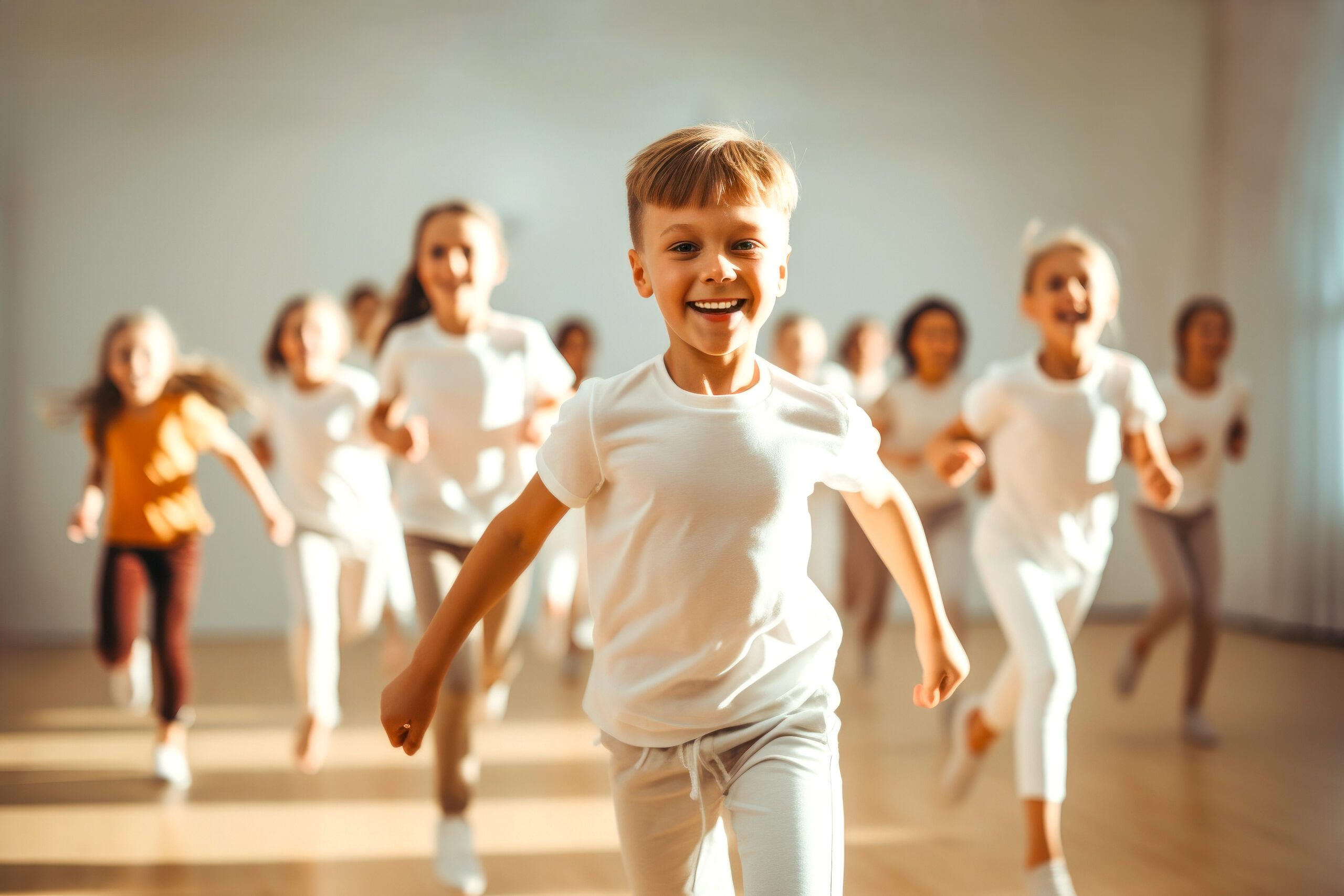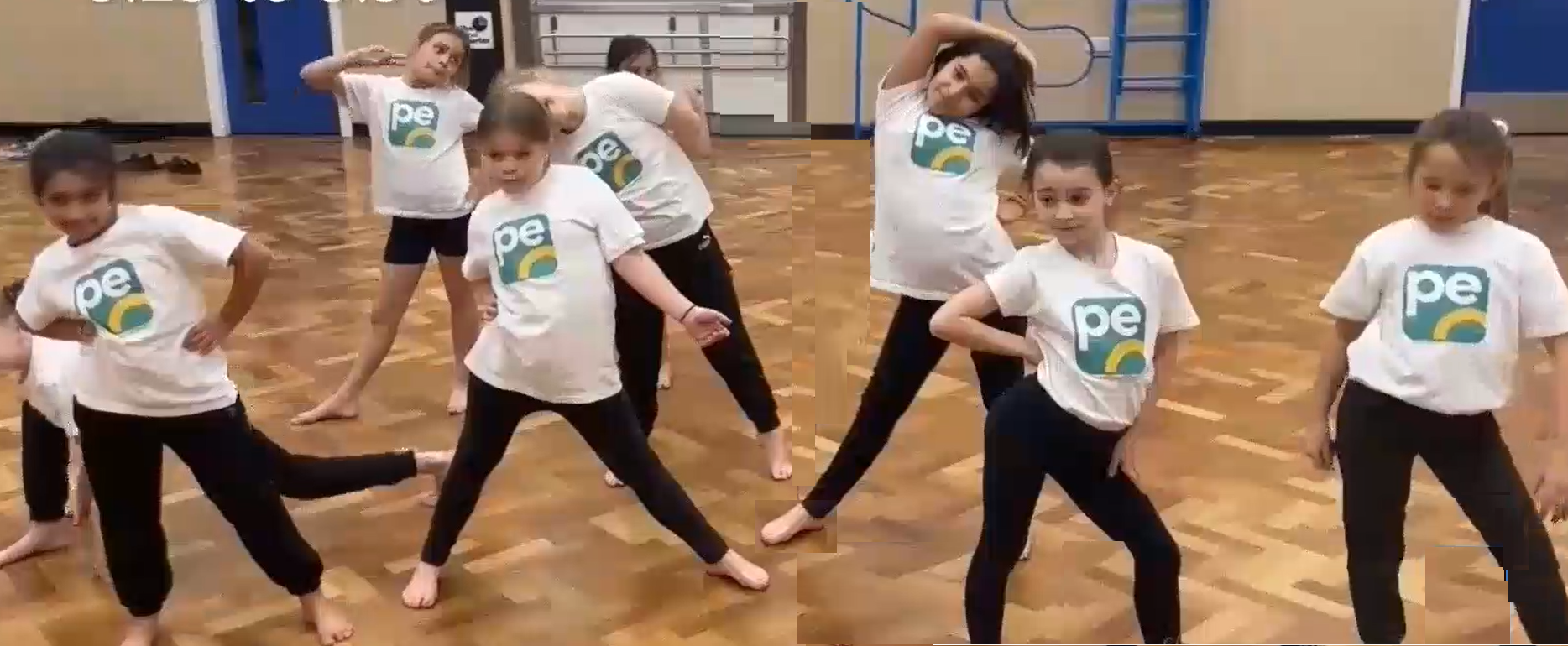Differentiation in PE: the most affective piece of equipment
Some of us have been around long enough to know that differentiation and consideration of every child has improved significantly in recent years.

Long gone are the lessons of queuing for your turn, repetitive drills and non-scorers sitting out. Events prevalent in the media, such as the London Olympics and Paralympics, have highlighted the power of sport in everyone’s lives, and teachers try hard to deliver engaging active and inclusive activities for the entire class.
Primary School PE can be the very first experience of sport for some children. So, it is vital we consider the needs of all children. This is where differentiation in PE comes in.
Every class is unique, and one shoe does not fit all. But here are a few considerations when planning for PE lessons…
Grouping pupils by ability
Is it better to group the children according to ability? By grouping your pupils you can set a task for all, but make the activity more/less challenging based on each groups’ success. Consider making the court smaller for more able pupils forcing them to react quicker and use more skill. Or, a larger court for less able pupils giving them more time to think about their task. Consider smaller/larger balls, more/less obstacles, allow fewer/more passes before a goal is scored. All these are easy to implement when groups are organised based on ability.
Mixing groups
Sometimes mixing groups is better; for activities such as relay races, knock out round-robins, circuits, and so on. But consider the needs of the more able children. Sometimes there is an expectation that the more able child is going to ‘help’ the less able child. Sometimes this is an effective and rewarding idea, but it is equally important to challenge and develop the skills of the more able child too. They should not be used as a teaching assistant!
Be mindful of not just challenging individuals from a technical perspective, but also in pairs or groups to work on the social and psychological elements of sport. Regular discussions and demonstrations throughout your lesson will keep children engaged and aware of the learning objectives.
There is no doubt that, with quality planning, differentiation in PE can be the most affective tool for ensuring success is present in every child in every lesson.


